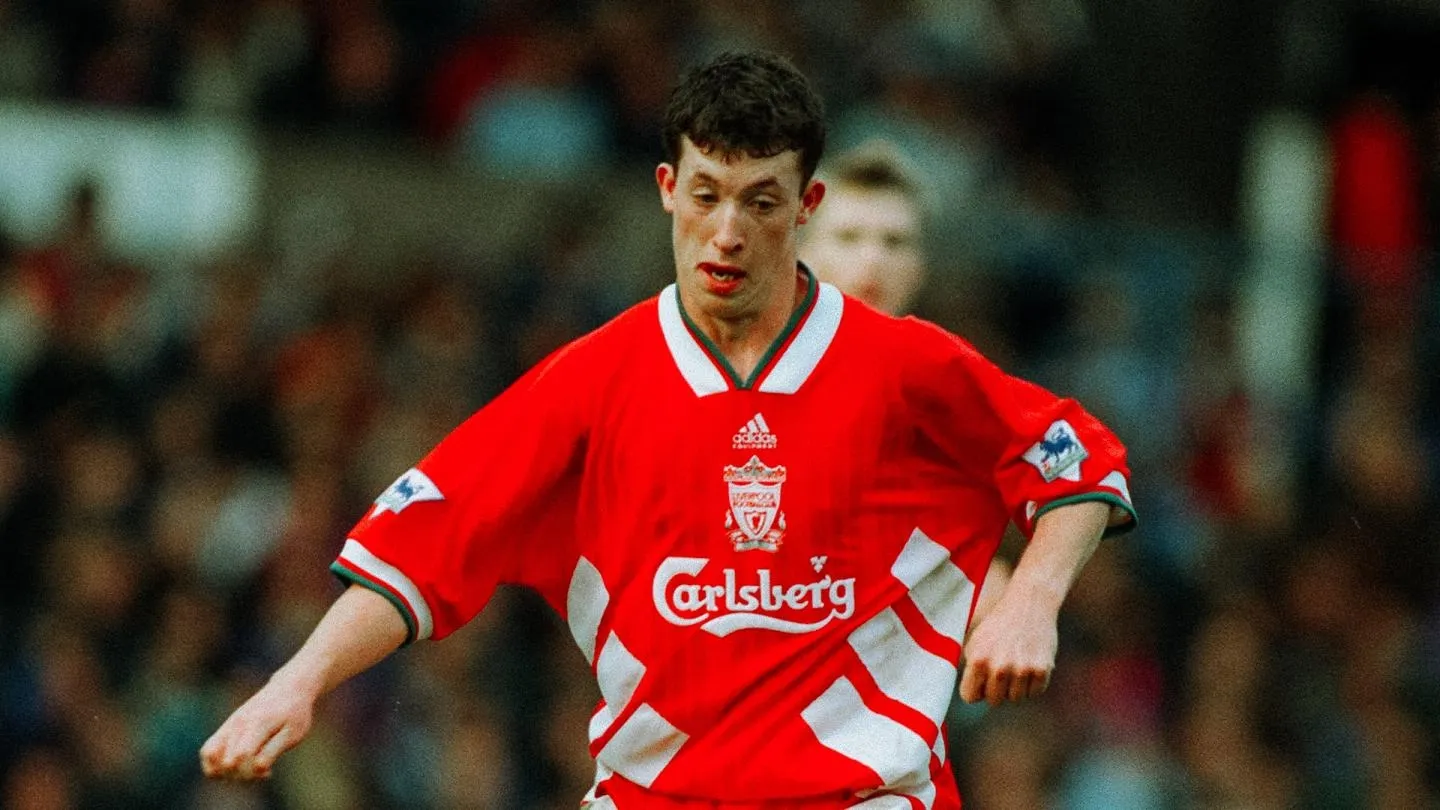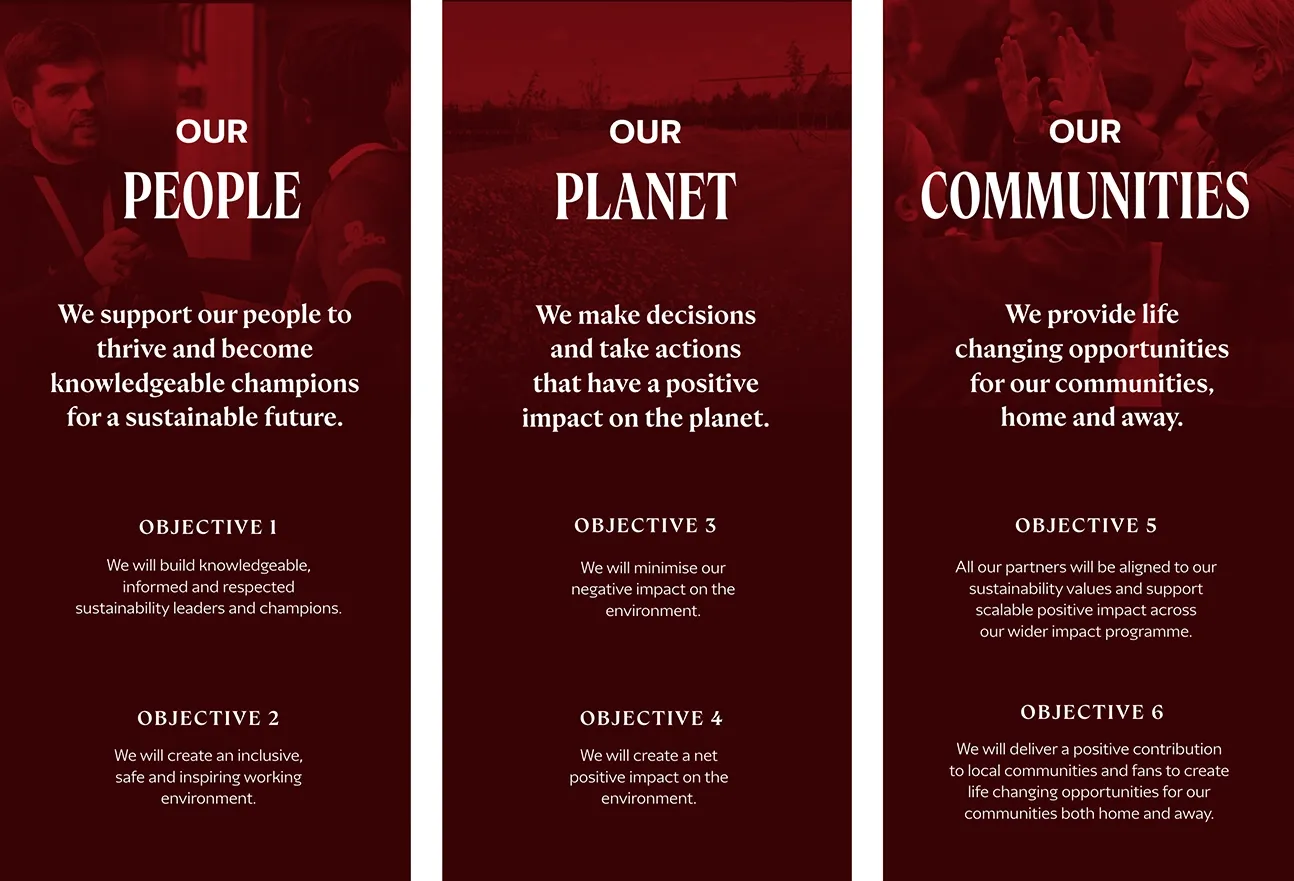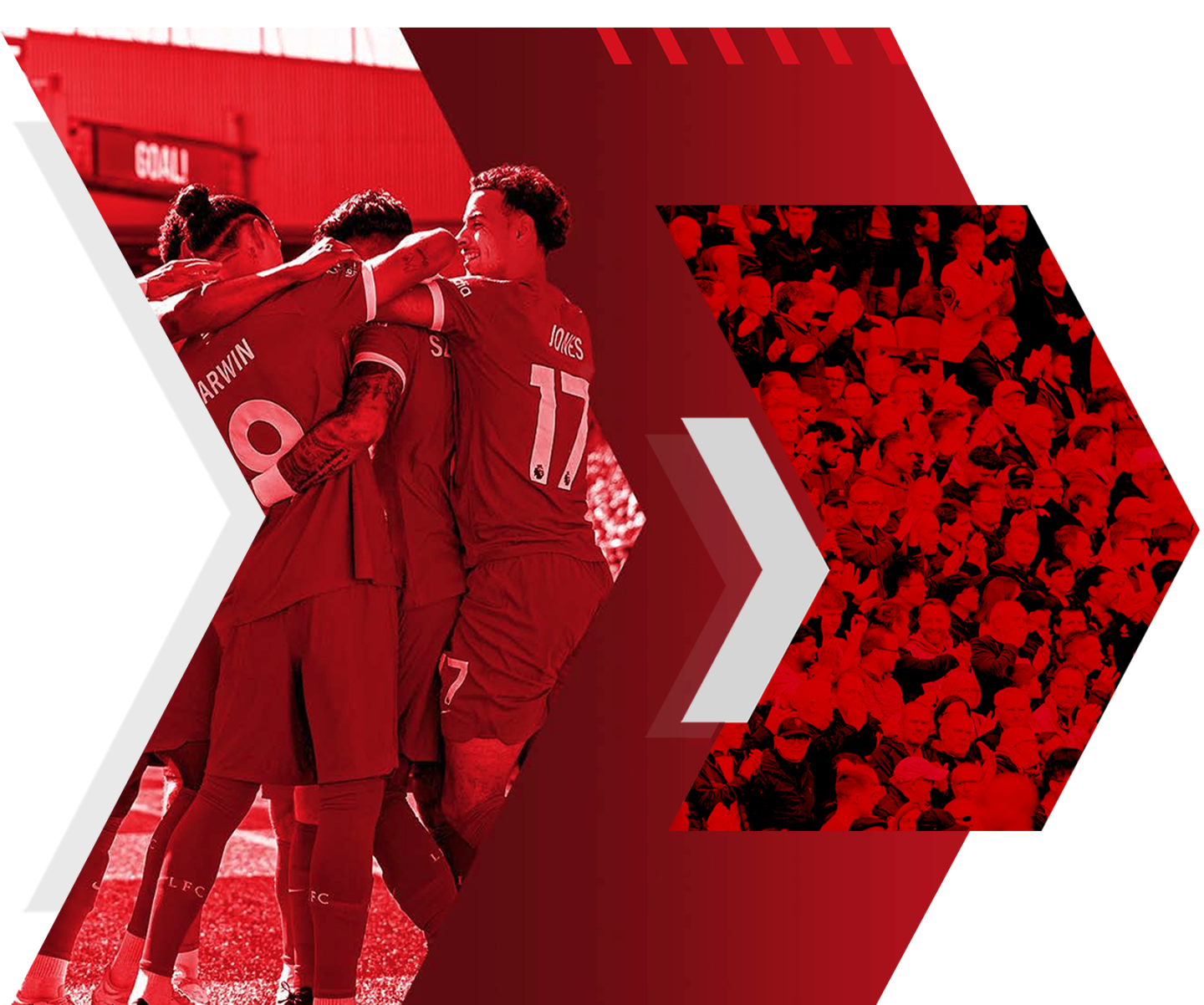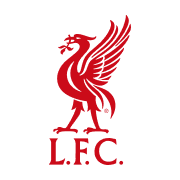When Robbie Fowler, one of Liverpool’s most iconic strikers, stepped into the halls of the United Nations in New York this week, it wasn’t to reminisce about his goals at Anfield or to debate Premier League officiating. Instead, Fowler represented Liverpool FC as part of New York Climate Week, showcasing the club’s “The Red Way” sustainability initiative on a truly global stage. It was a symbolic moment that underlined how football is no longer just a game played on grass pitches, but also a platform for shaping conversations about climate, community, and corporate responsibility.

The Red Way: What It Means for Liverpool
Launched in 2021, The Red Way is Liverpool’s sustainability framework, designed to integrate environmentally responsible practices across the club’s operations. This ranges from reducing carbon emissions at Anfield and the AXA Training Centre, to greener travel initiatives, waste reduction, and community education projects.
For a club of Liverpool’s global reach, the stakes are enormous. With more than 300 million fans worldwide, every sustainability initiative sends a message that resonates well beyond the confines of Merseyside. It reframes the club not just as a footballing powerhouse, but as an institution with influence across society.

Football’s Growing Role in Climate Leadership
Liverpool are not alone in pushing sustainability narratives. Chelsea, Tottenham, and Arsenal have all launched their own eco-initiatives, while the Premier League itself has sustainability benchmarks for clubs. But Liverpool’s appearance at the UN shows a higher level of ambition.
Climate Week NYC is one of the most influential gatherings on the global calendar, attracting policymakers, business leaders, NGOs, and activists. For Liverpool to send a club legend like Fowler into that arena is both a branding masterstroke and a genuine statement of intent: football clubs can be as visible and persuasive in climate discourse as multinational corporations.
It also reflects a wider trend. Football clubs are under pressure to recognize their environmental impact — from international travel to matchday emissions — and to demonstrate accountability. Liverpool’s presence in New York suggests they want to be at the forefront of that transformation, rather than reacting later.
Fowler’s Role: A Legend as an Ambassador
Why Robbie Fowler? Beyond his status as a Liverpool great, Fowler has built a reputation post-retirement as a thoughtful ambassador and entrepreneur. His presence in New York was symbolic: someone whose career was once defined by goals is now lending his voice to sustainability goals.
For fans, this also makes the message more relatable. Fowler isn’t a faceless executive — he’s part of Liverpool’s story, and his involvement makes The Red Way feel like more than corporate PR. It reinforces that these values are tied to the club’s identity.
Challenges Ahead
That said, Liverpool face scrutiny. Critics argue that football’s environmental footprint remains disproportionately large. Premier League clubs fly across Europe and beyond, with long-haul preseason tours in the United States and Asia becoming the norm. Sponsorship deals with airlines and energy companies can also undercut the message of sustainability.
For The Red Way to carry real weight, Liverpool must go beyond branding. Reducing single-use plastics at Anfield or offsetting travel emissions are good steps, but the larger test will be integrating sustainability into decisions that affect the bottom line. If the club can reconcile financial imperatives with environmental commitments, then its stance at the UN will look more authentic and less performative.
What This Means for Fans
For Liverpool supporters, The Red Way isn’t just about the club’s carbon footprint. It’s about values. Liverpool has always been a club deeply tied to community identity and social justice — from the Hillsborough fight for justice, to its foundations in working-class solidarity. Positioning sustainability as part of that DNA makes sense.
Fans, particularly younger ones, increasingly expect their clubs to reflect their own priorities. Being seen at the UN shows Liverpool recognize that their global audience wants them to lead by example — not just on the pitch, but off it too.
More Than Just a Club
Liverpool’s appearance at the United Nations may seem unusual at first glance, but it’s entirely consistent with modern football’s trajectory. The sport is a global language, capable of carrying messages further than boardrooms and parliaments ever could.
By putting The Red Way in front of world leaders, Liverpool have taken an important step in ensuring that sustainability isn’t just a side project, but a defining part of their future. It remains to be seen how effectively these commitments are enacted, but in New York, Liverpool made it clear: this is a club that wants to be remembered not only for trophies, but also for its role in shaping a sustainable world.






